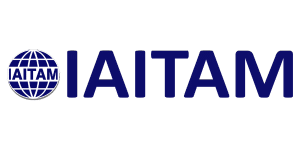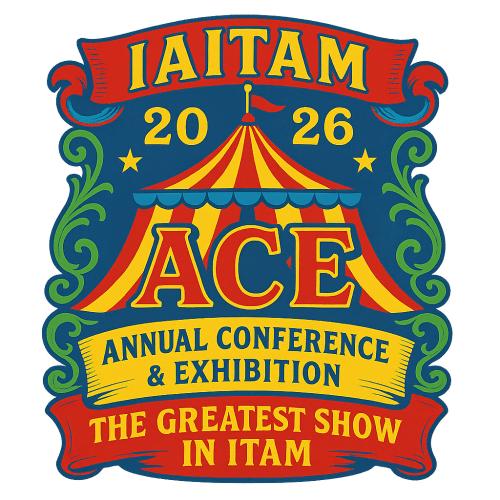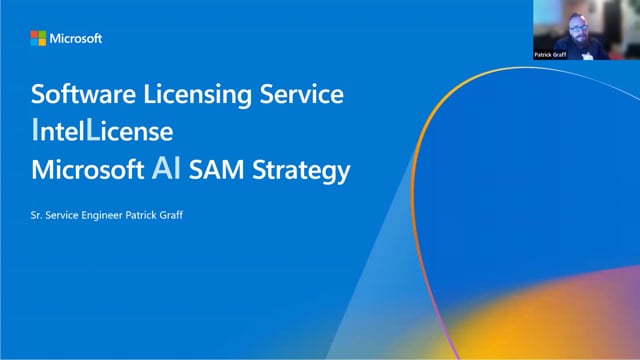
by Patrick Graff | Mar 6, 2025 | Webinars
Microsoft is leveraging AI in its Software Asset Management program to significantly enhance efficiency in license management and drive customer satisfaction. By integrating AI-driven solutions, Microsoft can accurately track and manage software licenses, ensuring compliance and optimizing usage. The intelligent license models enable quick responses to the license needs of internal users, reducing downtime and improving productivity. This proactive approach not only streamlines the management process but also ensures that users have timely access to the necessary software, ultimately leading to higher satisfaction and more efficient operations. Learn a little of this and take an opportunity to see the overall program at work during the ACE Conference.
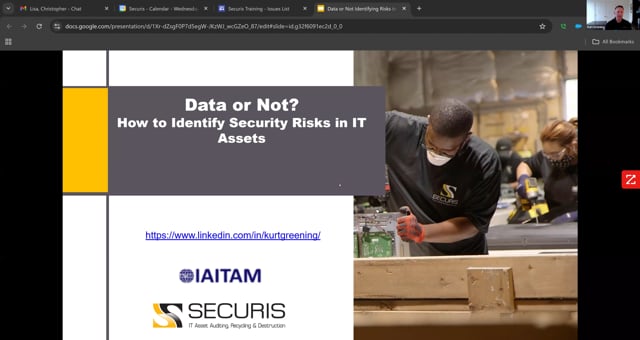
by Kurt Greening | Mar 6, 2025 | Webinars
In this presentation, we will cover some trends in IT Assets and data-bearing devices. We will then have an interactive session in which we will show pictures of various IT assets and ask the webinar participants to vote via chat on whether or not they contain data. Finally, we will talk about some best practices and tools to reduce the risk of a data breach.
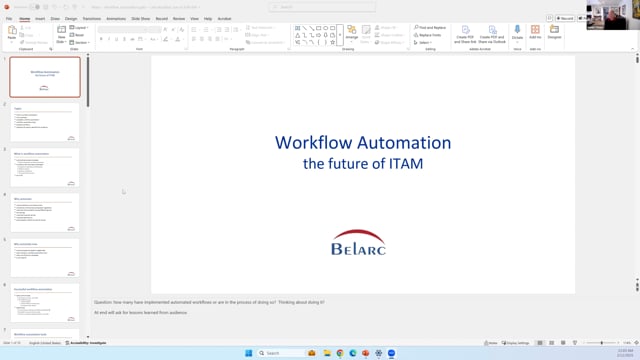
by Sumin Tchen | Mar 5, 2025 | Webinars
Workflow Automation is being embraced by organizations of all sizes because it offers clear benefits of reducing errors, increasing efficiency, improving consistency and collaboration, reducing costs, and enhancing data security. We will discuss how SAM can drive workflow automation within your organization with example workflows such as employee on-boarding and off-boarding; software requests; optimizing SaaS and Subscription software costs based on usage, and entering purchase records.
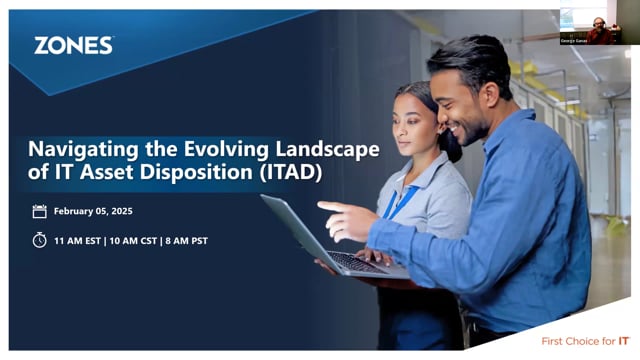
by George Ganas | Feb 10, 2025 | Webinars
This webinar will provide an in-depth exploration of the changing dynamics in the IT asset disposition (ITAD) landscape. It examines how the growing emphasis on data security, compliance with evolving global regulations, and the push for sustainable solutions are reshaping ITAD’s best practices. The webinar will delve into the economic and market factors driving the increased demand for secure and responsible ITAD, as well as the critical role ITAD plays in supporting organizational goals and environmental sustainability. Attendees will gain insights into comprehensive ITAD practices, which focus on secure data destruction, asset refurbishment, responsible disposal, and value recovery – equipping organizations to navigate the new realities of ITAD.
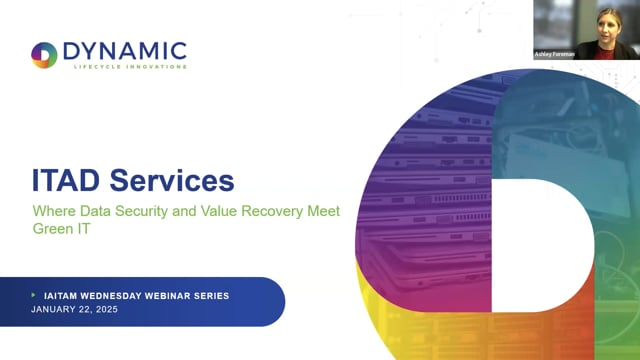
by Chris Mammano, Ashley Foreman | Feb 6, 2025 | Webinars
The risk of sensitive data exposure is always a top concern when managing the lifecycle of critical technology within your organization. IT assets slated for disposition are particularly vulnerable to data breaches, making IT asset disposition (ITAD) a crucial part of your security strategy.
Join experts Ashley Foreman, VP of Corporate Services, and Chris Mammano, VP of ITAD Sales at Dynamic Lifecycle Innovations, as they share key considerations for ensuring data security, while aligning with sustainability initiatives and cost-saving goals. Discussion topics will include:
• Key challenges in managing retired IT assets through ITAD
• Essential data destruction certifications and standards to look for in an ITAD partner
• Additional ITAD security measures that are critical in preventing data breaches
• The productivity and reporting advantages of an integrated API solution
• The impact of service timelines and a clear chain of custody on your organization’s risk management
• Aligning ITAD practices with your organization’s ESG and sustainability goals
